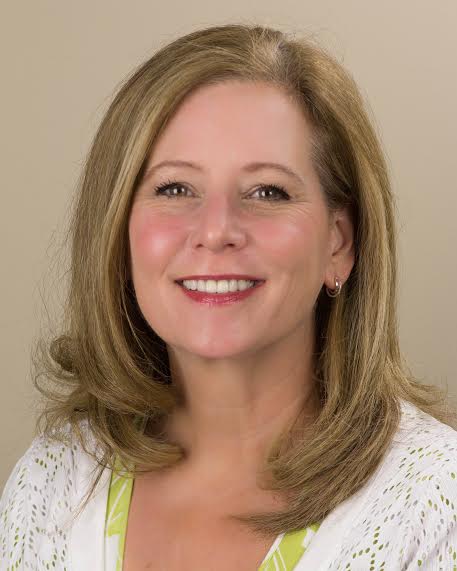
My husband and I were walking along the sand during a Florida vacation recently, when something unusual caught my eye: an elderly couple, shaded by a colorful beach umbrella, each holding something odd in their hands.
“Look, Honey!” I said, pointing in astonishment. “They’re reading books!”
Yes, books.
You remember books, don’t you – those rectangular things filled with pages of words? If it seems like fewer and fewer people are holding them nowadays, you’re right – a recent Pew Research Center report indicated that more than a quarter of American adults did not read a single book last year. And that includes Kindles, paperbacks, and even audiobooks. In fact, the number of people declaring themselves “non-readers” has nearly tripled since 1978.
You can blame TV, smart phones, and the internet for giving Americans something else to do, apparently. But, while all can be highly entertaining, nothing adds value to your life like reading for pleasure. Nothing else says that you’re well-educated either: Folks with a college degree read more, on average, than those who only finished high school.
But there’s much more to reading than showing people you’re smart. According to The Reading Agency, there’s a strong link between reading for pleasure and “educational outcomes”. In other words, reading makes you smarter. But wait – there’s more! Reading for pleasure can result in increased empathy, improved relationships with others, and reductions in depression and dementia. How’s that for something that’s smaller than a shoebox, easily accessed from anywhere at any time, and (if you use your public library) absolutely free of charge?
It’s important to note that the wonderful benefits associated with books are more likely to be experienced when you’re reading because you want to. Every student at Bethel has to read something if they want to earn a degree. But choosing to read for pleasure – picking up a book because it really interests you – makes all the difference in the world. If you enjoy what you’re reading, not only is the content more likely to stick with you, you’re more likely to repeat the experience.
Of course, adult college students with personal and professional obligations may find reading for pleasure difficult to make time for. In fact, according to the University of Alabama’s student newspaper, 77% of students polled recently said they couldn’t engage in “recreational reading” because of demanding in-class assignments. But if you can find time to relax, try doing so with a book. You’ll find it enriches your life, expands your vocabulary, lowers the stress of everyday life, and even improves your focus and memory. Habitual readers are better writers, too, with improved spelling, punctuation, grammar and syntax skills – all vitally important for students in a writing-based program like ours.
If you need some suggestions for your next read, click here: 30 Books Every Adult Should Read Before They Die. If not, follow your heart and choose something that will capture your interest.
Before long, someone may point to you in astonishment — just as I pointed at the elderly couple on the beach.
You won’t notice, of course. You’ll be happily reading a book.

Cindy Smith Chambers has 40 years’ experience in public relations and journalism. She serves as PR Director for Bethel University’s College of Professional Studies, and is a fulltime faculty member specializing in college writing and marketing.
